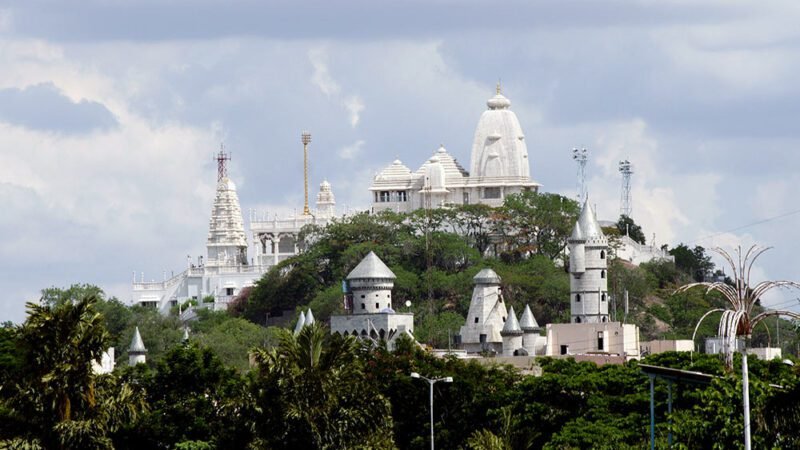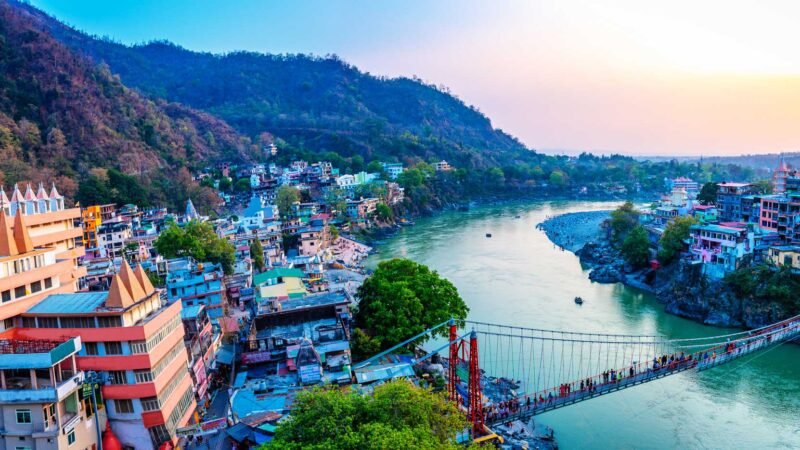How to Plan a Vacation
Planning a vacation can be an exciting but sometimes overwhelming task. Whether you’re dreaming of a relaxing beach getaway or an adventurous exploration of a new city, effective planning is key to ensuring a smooth and enjoyable trip.

In this blog post, we will guide you through the process of planning a vacation, from choosing a destination to creating an itinerary that maximizes your experiences and minimizes stress.
- Determine Your Destination and Trip Duration
- Consider your interests, budget, and preferred travel experiences.
- Research destinations that align with your preferences and fit within your timeframe.
- Take into account factors like weather, local attractions, and safety considerations.
- Set a Realistic Budget
- Determine how much you can comfortably spend on transportation, accommodation, meals, activities, and other expenses.
- Research the cost of living and prices in your chosen destination to estimate your daily expenses.
- Allocate funds for unforeseen circumstances or emergencies.
- Research and Plan Your Itinerary
- Identify the must-see attractions, landmarks, and activities in your destination.
- Prioritize your interests and create a rough itinerary that allows for flexibility.
- Consider the duration of each activity and factor in travel time between locations.
- Leave room for relaxation and spontaneous exploration.
- Book Transportation and Accommodation
- Research the most cost-effective and convenient transportation options, whether it’s by air, train, or car.
- Compare prices and book your flights or train tickets in advance to secure the best deals.
- Explore different accommodation options, such as hotels, vacation rentals, or hostels, based on your budget and preferences.
- Utilize online booking platforms and consider flexible dates to find the best rates.
- Prepare Necessary Documentation and Essentials
- Check passport validity and visa requirements for your destination.
- Ensure you have necessary travel insurance coverage.
- Make copies of important documents like passports, visas, and reservations.
- Create a packing list based on the climate and activities at your destination.
- Research local customs, traditions, and any cultural considerations.
- Plan Your Finances and Notify Your Bank
- Inform your bank and credit card companies about your travel plans to avoid any payment issues.
- Consider obtaining local currency or international travel cards for convenience and cost savings.
- Familiarize yourself with exchange rates and potential fees associated with currency conversion.
- Stay Organized and Stay Safe
- Keep all your travel documents, reservations, and contact information in one place.
- Share your itinerary and important details with a trusted friend or family member.
- Research local safety guidelines and common scams to stay vigilant during your trip.
- Register with your country’s embassy or consulate in your destination for emergency assistance.
Conclusion: Planning a vacation requires careful research, organization, and consideration of various factors. By determining your destination, setting a budget, creating a well-balanced itinerary, booking transportation and accommodation, preparing necessary documentation, and ensuring safety measures, you can set yourself up for a memorable and hassle-free vacation. Remember to be flexible, embrace the unexpected, and allow room for spontaneity as you embark on your well-planned adventure.



